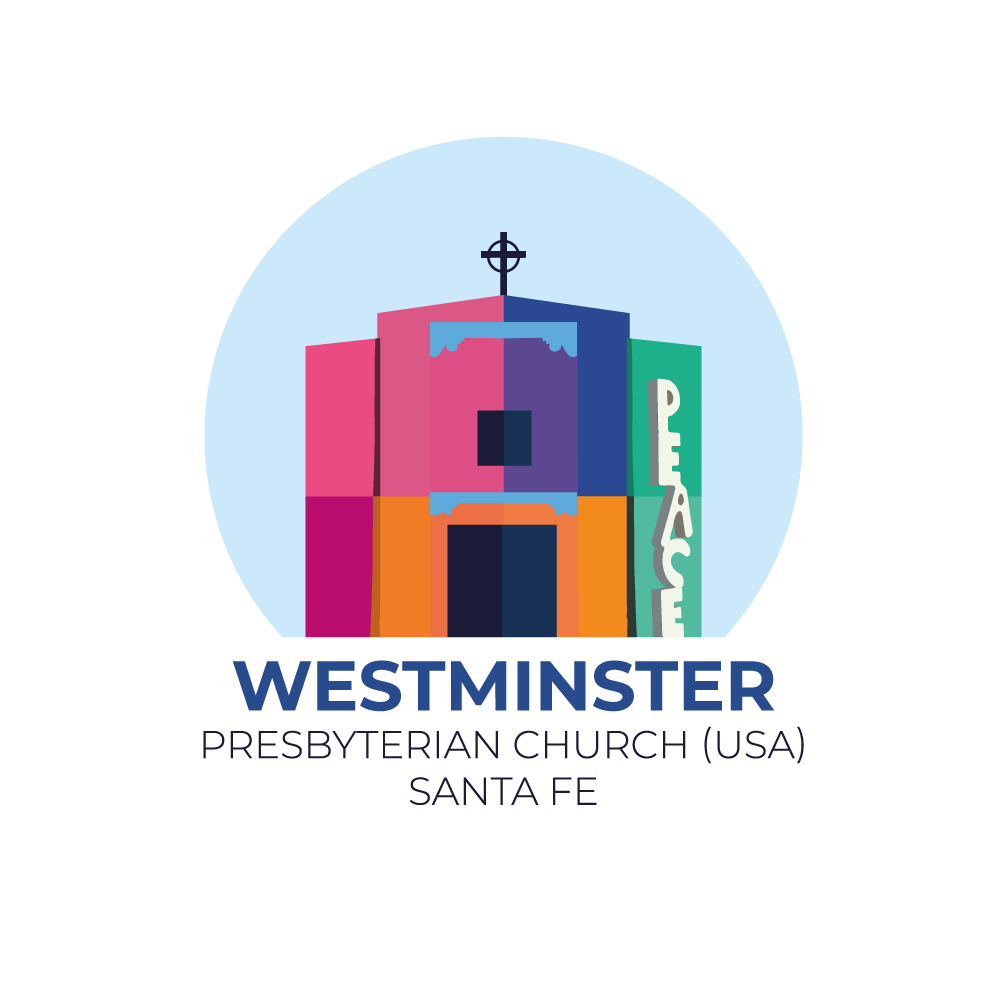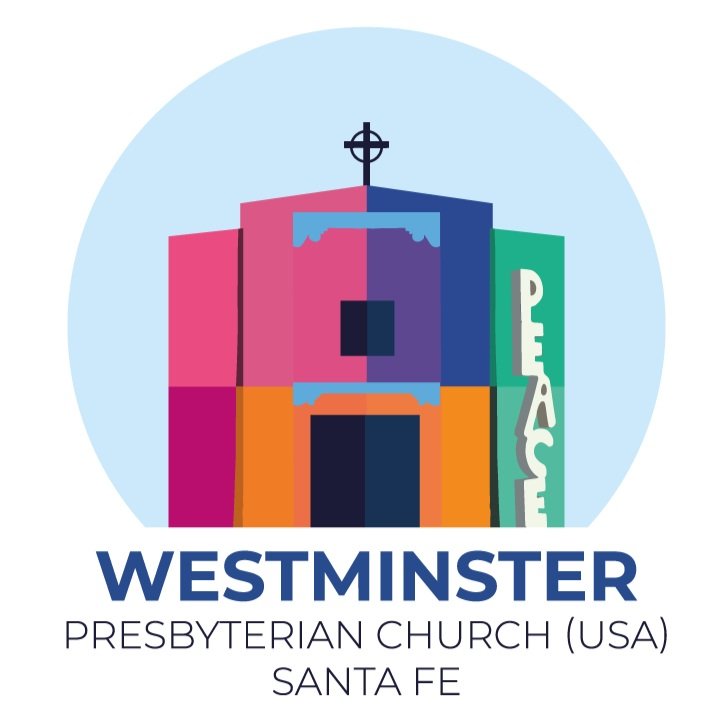Advent 1: Beginning with an apocalypse and hope
This sermon was preached on November 27, 2022. The Scripture readings were Psalm 122 and Matthew 24:1-12.
This is the first Sunday of the church year - welcome to Advent!
Advent means ‘the arrival of a notable person, thing, or event.’ In Christianity, it refers to the coming (or the second coming) of Christ. More specifically, Advent is the time where we prepare for the coming of Christ.
The four Sundays of Advent are a time of preparation. Sometimes we call them a time of waiting - and we do wait, in this season - but it’s not a passive waiting. We prepare. We are active.
We are getting ready.
Of course, we don’t really know what the reality of what we are getting ready for will be.
As any parent will tell you, no amount of preparation really prepares you for the reality of a baby.
We can’t ever really be fully ready for the coming of the Christ-child, or the return of Christ - but that doesn’t stop us from preparing anyway. Part of what we do in this season is remind ourselves of the strange and wonderful reality of Christmas.
Advent and Christmas, like Lent and Easter, are times where the veil between was and is and is to come is thin. Christmas - Easter - they are both discrete events and also ongoing.
Advent helps us prepare for that strange reality.
It is meant to help us uncover the new reality that was birthed in Bethlehem - and will be born on Christmas day - and that we will keep waiting for, until the day that Jesus comes again.
And as we discussed a few weeks ago, this is a time in the liturgical calendar when we spend a lot of time with scripture texts about un-coverings. About apocalypses.
Advent always begins with an apocalypse. Always.
Begins with the uncomfortable destruction of what we know, opening us to new wisdom, a new way of being, one that was fulfilled and will be fulfilled, and that we wait to be fulfilled.
The trick of Advent is that no matter how tightly we tie it to the calendar, we don’t actually know when it will come.
All of Matthew 24 is a long discourse between Jesus and his disciples. He begins by foretelling the destruction of the temple, and what will be the signs of his coming and the end of the age.
His disciples, understandably, want to know when this will happen. They want him to pin it down; give them a day or a year.
Of course, we who lived through Y2K and the 21st of December 2012 - we have learned a skepticism of exact dates for the end times. And we have seen the harm those dates can do, in the hands of megalomaniac leaders like Jim Jones or Bonnie Nettles and Marshall Applewhite of Heaven’s Gate.
So in the year of our Lord 2022, I find myself a little grateful for Jesus’ response to their questioning, even as I really, really wish I had a good answer to the question: when will Christ come again?
Be prepared, he says. You do not know the day on which your Lord is coming. Be ready, for the Son of Man is coming at an hour you do not expect.
Advent, it turns out, is also about the unexpected.
The unexpected arrival of the Son of Man.
The unexpected separation of people and communities.
The flood - a known threat but when would it come?
One taken from the fields and one left.
One taken from the mill, and one left.
It’s hard to read this bit of Matthew and not think of what is often called “Rapture Theology.” The ‘rapture’ is a Christian doctrine that supposes that God will cause all Christian believers who are alive, along with resurrected believers, will rise "in the clouds, to meet the Lord in the air,” and then those remaining on Earth will enter into a series of trials. This theology is what led to the “Left Behind” books - a series published in the 90s and early oughts that describes what happens following the ‘rapture’.
This particular theology is fairly recent - which in the world of Christian theology means two hundred-ish years old.
We don’t really subscribe to rapture theology as Presbyterians (getting into what we do believe on this topic would take quite some time), and we tend to be skeptical of it, even dismissive. But it’s hard to understate the impact rapture theology (and what happens to those left behind) has on our collective imagination.
Of course, rapture theology isn't really what’s being described here in Matthew.
Stanley Saunders, Professor Emerita at Columbia Theological Seminary, writes,
“Over the last century, these verses have often been read in support of “rapture” theology, which attempts to plot where we are in proximity to the end—precisely what Jesus tells his disciples not to do. The parallel illustrations in 24:40-41 do not likely depict a moment when the righteous are plucked up from the earth and taken to heaven, while others are “left behind” to await tribulations and final judgment. For first century audiences familiar with the ways of the Roman Empire, being left behind was surely preferable to being taken. For the people of Noah’s day, being swept away was not a good thing. Instead, these sayings simply depict sudden, surprising separation, without indicating cause for judgment or reward on the part of those taken or left behind. Rapture theology, which has little or no scriptural support, may offer comfort for those who seek certainty or presume to have secured the inside track to heaven, but the focus of this unit is on remaining vigilant amidst the uncertainty of a long wait amidst discouraging circumstances.”
(https://www.workingpreacher.org/commentaries/revised-common-lectionary/first-sunday-of-advent/commentary-on-matthew-2436-44-)
In other words, the focus is to watch and to wait, even when everything seems to be falling apart around you.
Because we don’t know when Christ will come. In some ways, that’s the whole point. We’re not supposed to turn our faith, our preparation, off and on depending on what’s happening in the world.
We’re called to keep awake, to be ready.
But what does that mean?
One of the things our apocalyptic texts, like this one from Matthew, remind us of are God’s promises - and the promises we have made in return.
Hear these words from the Psalmist again, as they address both Jerusalem and the people who claim it as their holy city:
“For the sake of my relatives and friends
I will say, “Peace be within you.”
For the sake of the house of the Lord our God,
I will seek your good.”
Being ready means petitioning for peace.
Being ready means seeking the good of all.
It means trusting that there will be an uncovering, a remaking, even though we may not know what it looks like or when it will come.
And it means working toward small apocalypses - small uncoverings - in our own lives, in the life of our church, our city, our state, our nation. Uncovering what is to expose what should be.
Rev. Dr. Matt Skinner writes, “Christian faith is propelled by an energy that can be experienced as powerfully subversive, starkly discomforting, and exhausting to maintain. Sing the soothing Veni, veni, Emmanuel all you want, but never forget that it, too, is talking about a revolution.”
And we will sing a veni, veni Emmanuel today, twice even. One in just a moment, and then again with our prayers of the people. We’ll wind it into our prayers, a reminder that our prayers are for a revolution, a remaking. A renewal of something that never quite was.
The first Sunday of Advent is the Sunday for Hope. Too often we imagine hope as a sort of sweet by and by, ephemeral and easily dismissed, a panacea of sorts. That's not the kind of hope we are called to. We are called to the kind of hope that has flesh and bone, hope that is gritty and grounded in reality and nevertheless imagines that Christ will come, that God’s will will be done, that “the nations shall beat their swords into plowshares, and their spears into pruning hooks; nation shall not lift up sword against nation, neither shall they learn war any more.” Advent hope is hard work, and is worked toward.
If you haven’t already filled out a paper chain with your Advent hope - or even if you have and now you have another! - I invite you to do so now.
The thing about hopes is that they come in the midst of destruction. The thing about apocalypses is that they mean an end to something.
And yet. Hopes are what pull us out of the destruction. Apocalypses are what show us what could be, are what give us the imagination and the space to try.
But, listen, this blessing means to be anything but morose. It has not come to cause despair.
It is here simply because there is nothing a blessing is better suited for than an ending, nothing that cries out more for a blessing than when a world is falling apart.
This blessing will not fix you, will not mend you, will not give you false comfort; it will not talk to you about one door opening when another one closes.
It will simply sit itself beside you among the shards and gently turn your face Toward the direction from which the light will come, gathering itself about you as the world begins again.
(From Circle of Grace, by Jan Richardson)
May it be so.
Amen.

